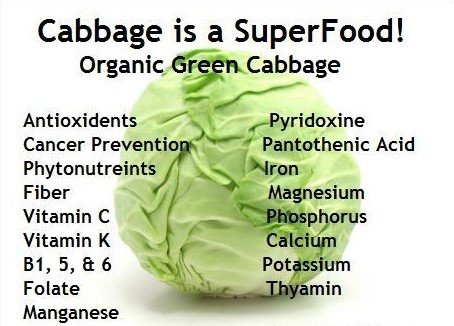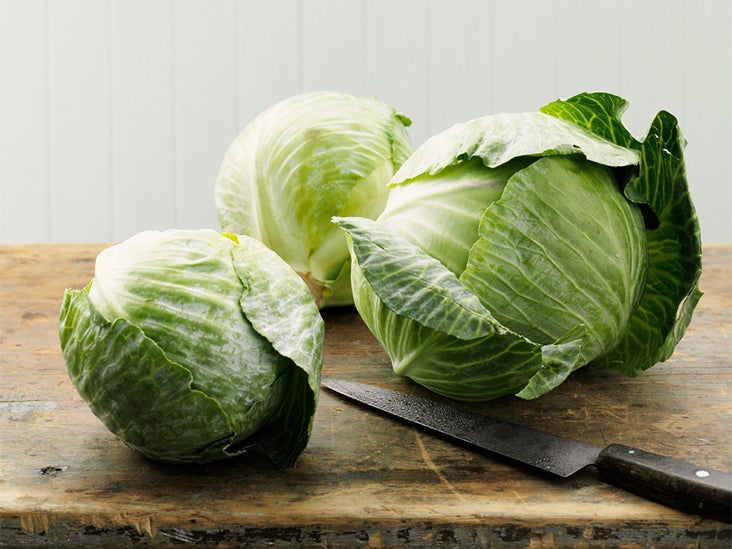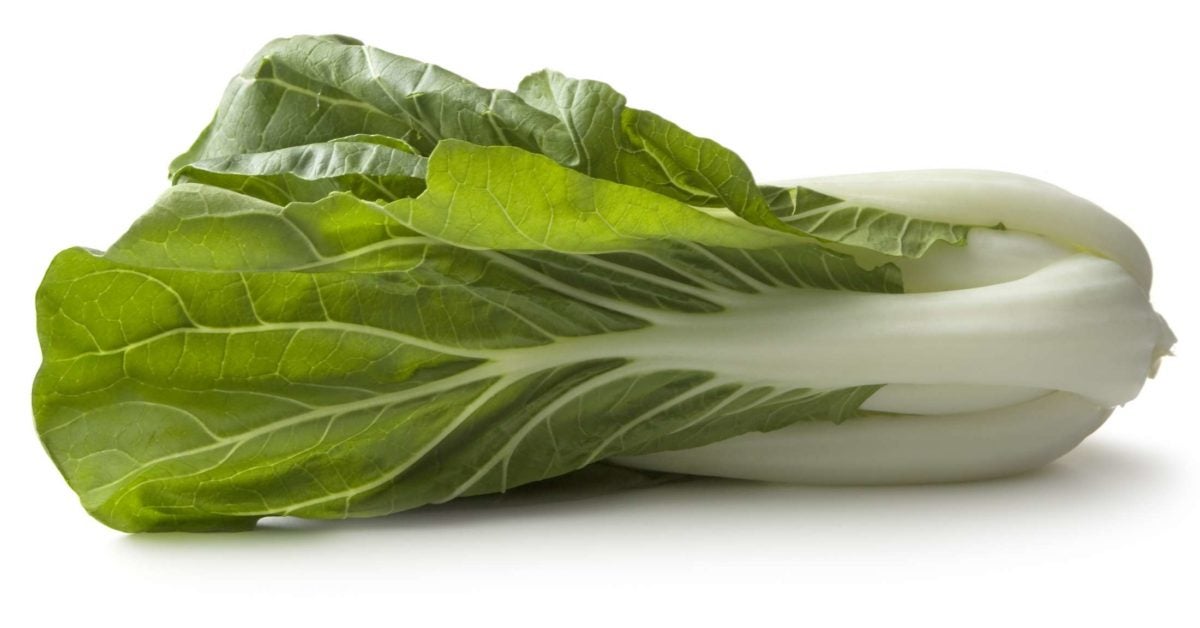Premium Vector | A set of different types of cabbage and herbs for the diet. source of vitamin c. green ingredients for vegetarian meals and a healthy lifestyle. food icons. vector illustration

Top Box Foods Louisiana - This week we have LOCAL cabbage from Perilloux Produce in the Vegetable Box. Cabbage is high in fiber, low in calories and contains vitamin C! Before eating,

Cabbage Health Benefits - Vitamin C, fiber, sulphur, iodine, Vitamin U, Indole-3-carbinol, Glucos… | Cabbage benefits, Cabbage health benefits, Health and nutrition

Food with Vitamin C. Products Containing Vitamin C. Cabbage, Lemon, Rosehip Berries, Green Onion Stock Vector - Illustration of berry, salad: 216802753

Round & Oval Total Carbohydrate 6 G Vitamin A 1% Vitamin C 60% Fresh Green Cabbage at Best Price in Delhi | Bajrangi Trader And Exporter Pvt Ltd


:max_bytes(150000):strip_icc()/cabbage_annotated2-3925d776bc114c0f95d7b81e9d82db96.jpg)












